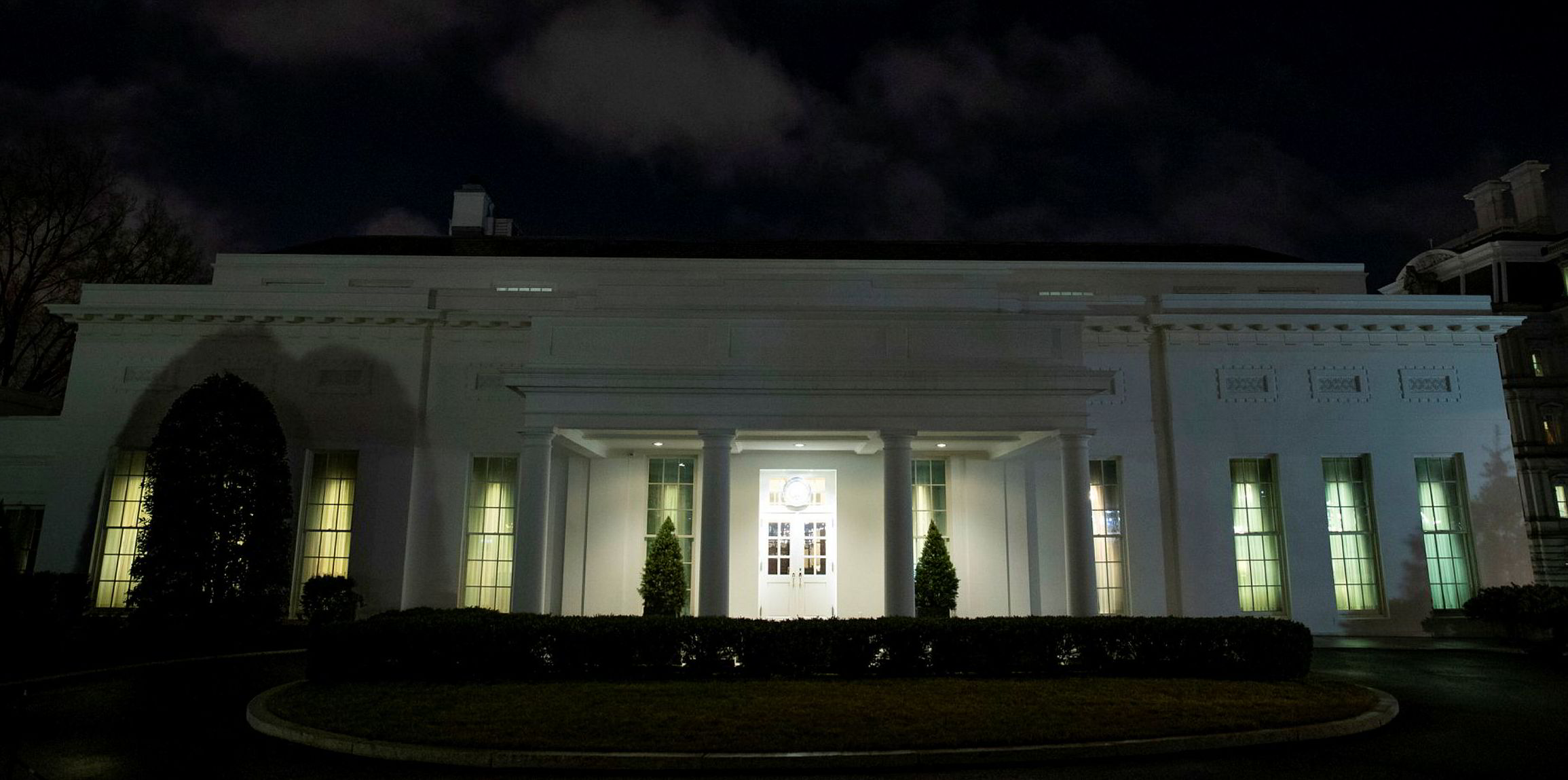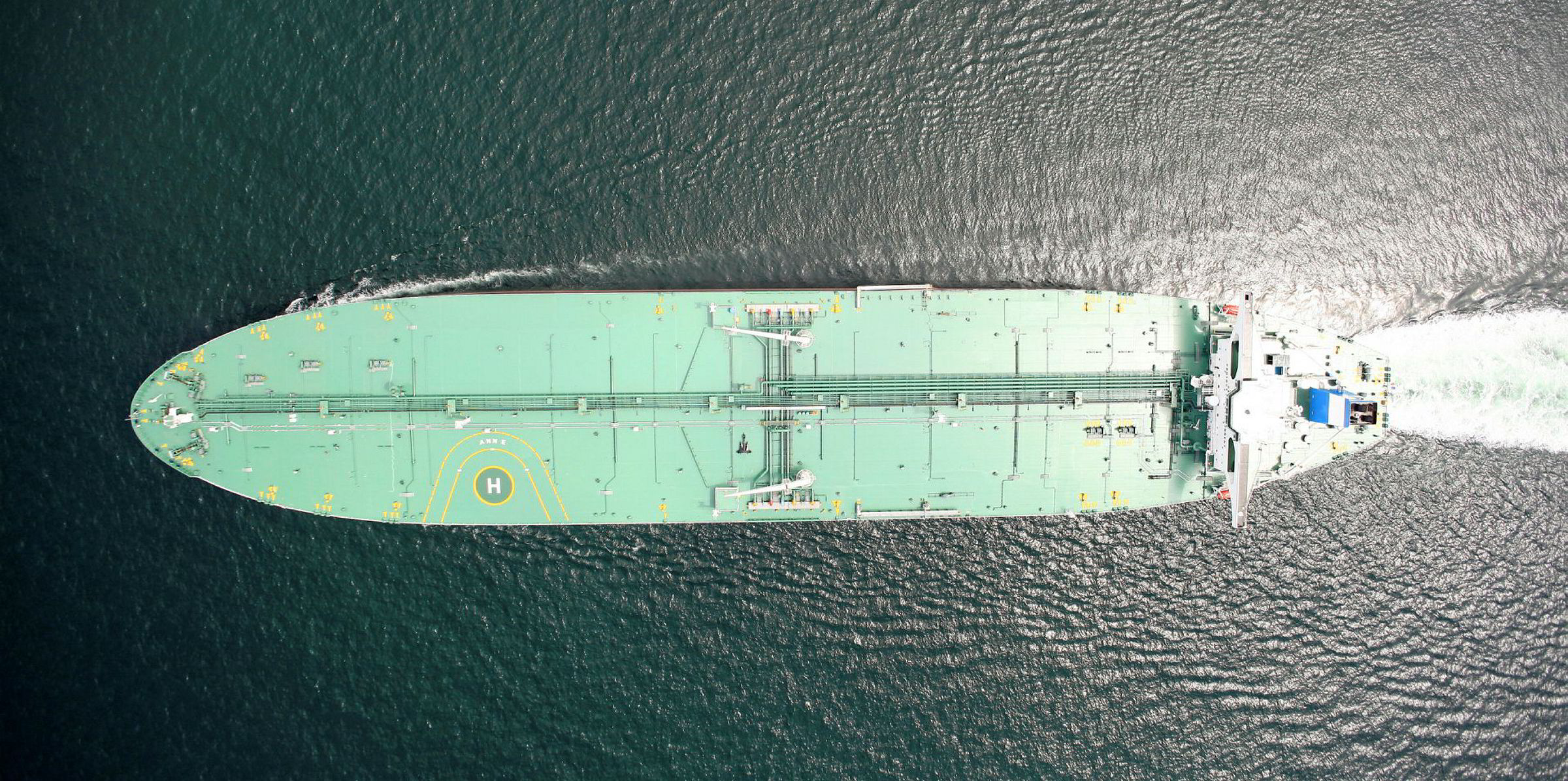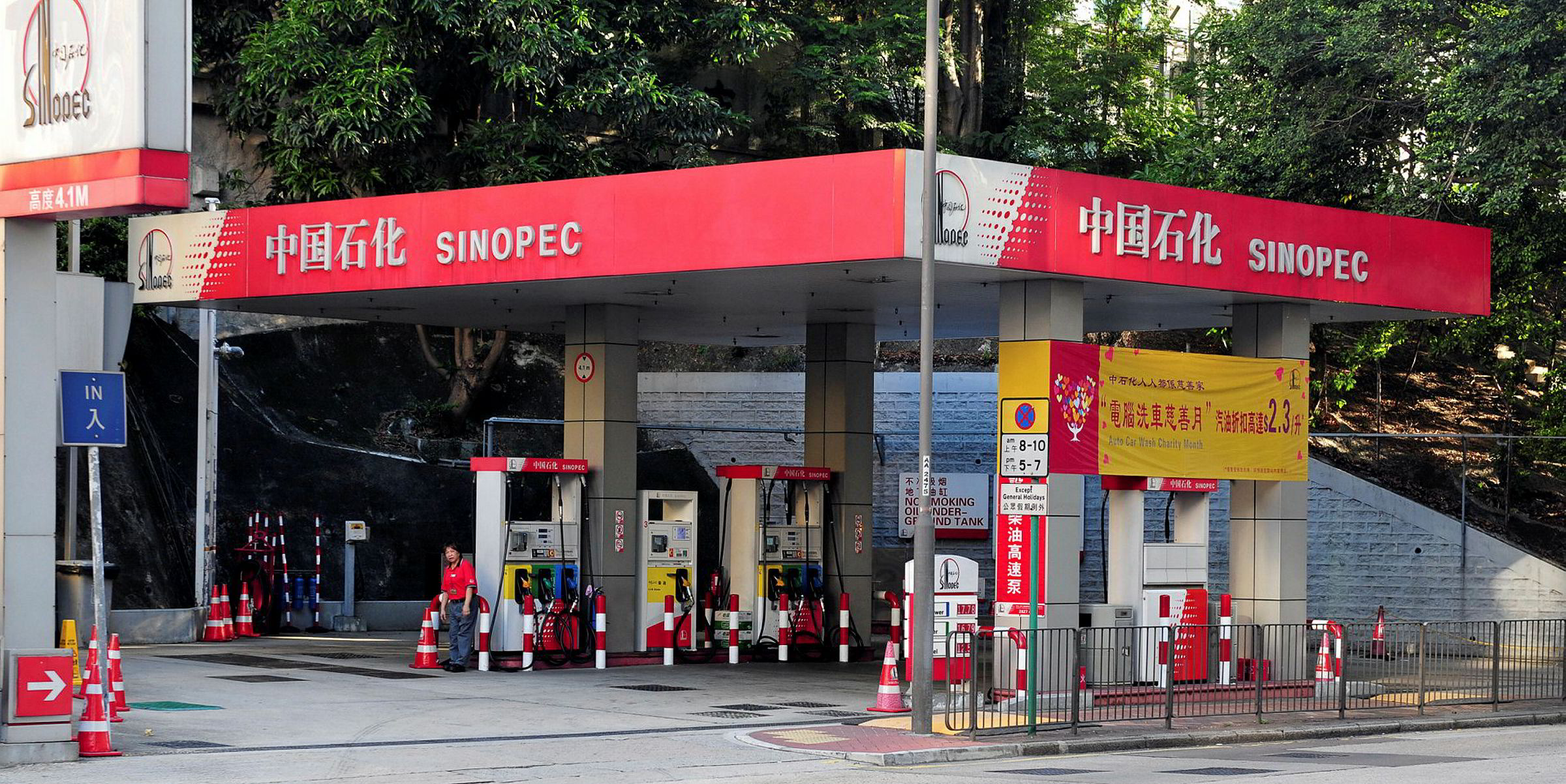The fragility of the tanker market to short-term shocks was on show this week as soaring freight rates went into steep reverse.
A combination of US sanctions being lifted on Cosco shipping, a lull in Middle East tensions and the coronavirus all helped cut rates — some by 50%.
The immediate future may be even cloudier as the West starts to move from winter to spring, when tanker demand usually falls.
But the general optimism around tankers — especially for the second half of 2020 — remains largely intact.
Shipping companies should be able to take advantage of rising US crude production at a time of low global inventories.
And this should act as a positive even if Opec chooses to try to halt the recent crude price slide by reining in its own largely Middle East members' output even further. Credit agency Fitch estimated that overall tanker tonnage should grow 2.5% this year, but demand by 3.5%.
However, figures from data provider VesselsValue suggest that 785 VLCCs are in operation now compared with 741 nine months ago — a 6% rise.
The orderbook for crude tankers remains at its lowest level since 1997 and demolition prices — and asset values — have risen.
Unexpected events
What that does not factor in is the unexpected geopolitical events such as Donald Trump’s missile attack on a top Iranian official in January or the coronavirus, which has sent the oil price plunging and forced some Chinese shipyards to close.
It is really hard to predict what the impact of the flu will be on that economy and, by implication, the rest of the world. But Goldman Sachs said the impact should be modest, assuming travel restrictions reduce the number of new infections by the end of next month.
China is the world’s largest oil and LNG importer as well as a key consumer market for — and manufacturer of — Western goods.
Some refineries have reduced input by 40%, and energy major BP said this week that the coronavirus may cut global demand by up to 500,000 fewer barrels per day.
Meanwhile, there is uncertainty over whether the lockdown in the city of Wuhan could eventually lead to the quarantining of Chinese ships and crews.
The economy there is already facing its slowest growth for nearly 30 years, partly due to the ongoing trade tensions with the US.
Beijing has already accused Washington of overreacting to the coronavirus with its airlifting of US citizens.
Welcome renaissance
This spat will not help the wider fallout over trade that appeared to be winding down with a “phase one” agreement signed between the two sides. All of this arrives as tankers have been enjoying a welcome renaissance, albeit partly at China’s expense.
After the deep trough in the middle of mid-2018, the tanker market has been steadily improving, with VLCCs up by nearly 50% in 2019 alone.
Suezmax charter rates were up 60%, while aframax and product tankers also benefited, according to shipbroker Alibra.
A major part of the boost to big tankers was the decision by Trump to slap sanctions on Chinese vessels over their trading with Iran
Last week, VLCC and suezmax giant Euronav reported the strongest three-month hire-rate performance from its fleet in 10 years.
But a major part of the boost to big tankers was the decision by Trump to slap sanctions on Chinese vessels over their trading with Iran.
Charterers aired on the side of caution and gave a wide berth to more than 40 ships linked to Beijing, in what became a major boost to everyone else.
VLCC rates on the US Gulf Coast to China route hit all-time highs on 14 October and have remained strong well into January. But they are down 18% in recent days, while spot rates from the Middle East to Asia were down by 50%.
Dictating terms
The period of sanctions panic is now over, as is huge concern — before January — over the pending IMO 2020 new fuel regulations.
The latter factor had sent dozens of vessels off market and into dry dock to fit scrubbers to enable them to keep burning high-sulphur fuel oil.
At the turn of the year, many tanker owners thought this bunker issue would dictate the trading terms of the year.
But no, it is issues outside of any ship operator’s control: a flu-virus, the actions of an unpredictable US president and the ongoing melodrama of Middle East politics.






